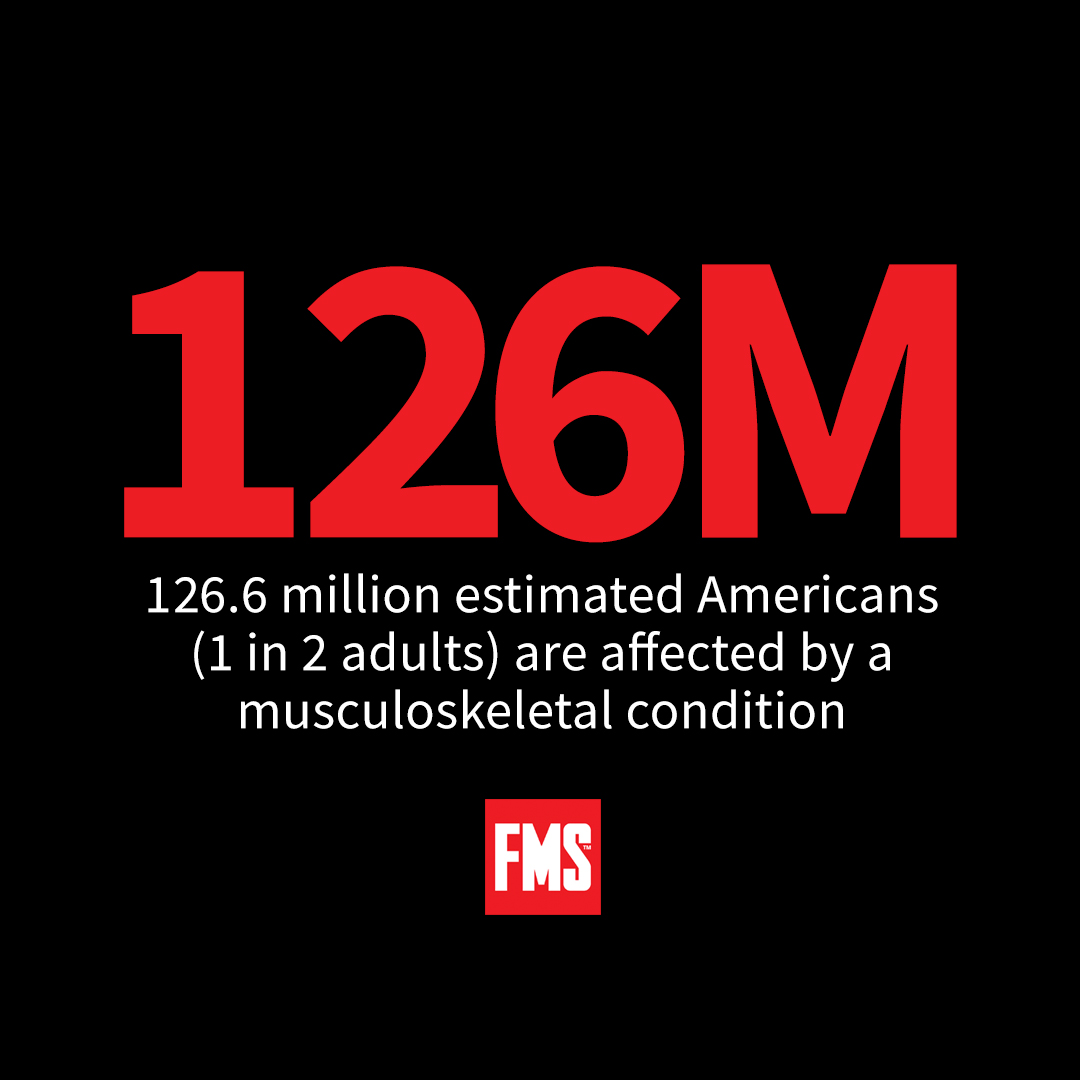Functional Movement Improv
Posted by Gray Cook
This is another article on the impact of COVID-19 on the fitness industry. But it’s not the same one you’ve already read 20 times.
It’s not gym closures and bleak futures.
We’re not going to talk about how COVID hurt us (it did). We’re going to talk about how it changed the lives of the people we work to help.
I stumbled across two studies/surveys within about five minutes of each other that had divergent, but not surprising conclusions. One ended by stating that many people used the pandemic to buckle-down, get healthy and realize that their fitness was independent of any gym. Good for them! Except for their statement that they don’t need us anymore and won’t be coming back. Still though, good for them.
The other study featured their polar opposite: the large segment who fell apart during the past year. They felt so bad about themselves and judged themselves so far out of shape that they were too far gone. Nobody can help them, they give up.
What a dilemma that presents for the industry. Are we really unneeded and unwanted?
That’s not true. We still have something to offer both groups, or better said, the vastly diverse people lumped together by yet another survey.
Being fit does not imply that group 1 will stay fit. Sad to say (what does it say about our industry), but their exercise is, in and of itself, a risk factor for injury. We’re still the experts and they still need our guidance - letting them know where they currently are so that they can get to where they want to be. But they’ve felt what independence feels like - so we can’t mess that up for them. Our job is to guide and inform them.
What we find here is not entirely unexpected. In fact, back in 2015, Gray predicted:
"I think the trainer of the future won’t be so much counting repetitions or reminding people to book three appointments a week. They’ll be managing hundreds of people—some with only three visits a year, some with three visits a month and some with three visits a week—depending on their financial ability, goals, needs and lifestyle."
So the group 1 folks have gained an awareness of how they move, or may need your help to do so. Your role may be as simple as checking in every few months to confirm the safety of the activities they enjoy. You may find yourself helping them return to activity level after an injury.
For Group 2, the pandemic simply accelerated an existing trend. It could be argued that physical inactivity is the leading cause of death worldwide. It is an underlying cause related to musculoskeletal disorders, obesity, heart disease, stroke, diabetes, and mental health issues.
Consider:
 Group 2 needs motivation and maybe some ‘hand-holding.’ As an industry, we’re pretty good at that. What we can’t reinforce is that their problems are insurmountable. We have to strengthen one weak link at a time. They have to feel (and see) the progress.
Group 2 needs motivation and maybe some ‘hand-holding.’ As an industry, we’re pretty good at that. What we can’t reinforce is that their problems are insurmountable. We have to strengthen one weak link at a time. They have to feel (and see) the progress.
The common solution for physical inactivity is, “you should start an exercise program!” But when people move poorly, simply moving more isn’t the solution.
Here lies the opportunity for the fitness professional who chooses to be better. The Functional Movement Screen equips you, the professional, with the information you need to make programming decisions with precision and purpose. Fitness can now be made accessible and sustainable for all your clients, and everyone now has a customized starting point.
When someone takes the step to become more physically active and lose weight, they know what they want. The opportunity is great when you choose to be a little bit better, to objectively determine exactly what you need.
How you move determines how you live. It’s time for us to help everyone move well, feel better, and live longer.
Posted by Gray Cook
Posted by Gray Cook